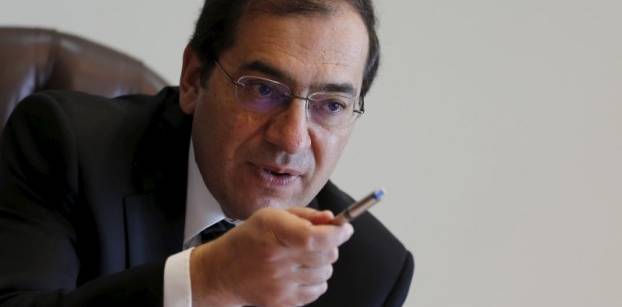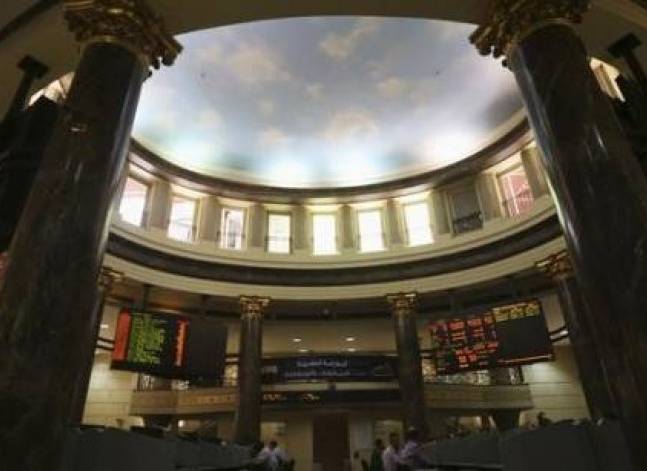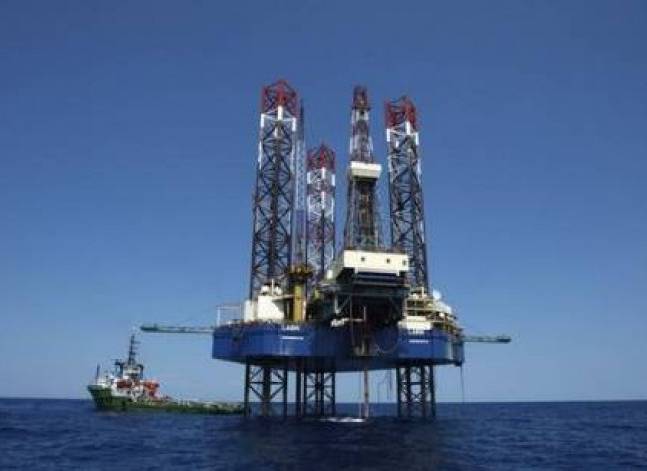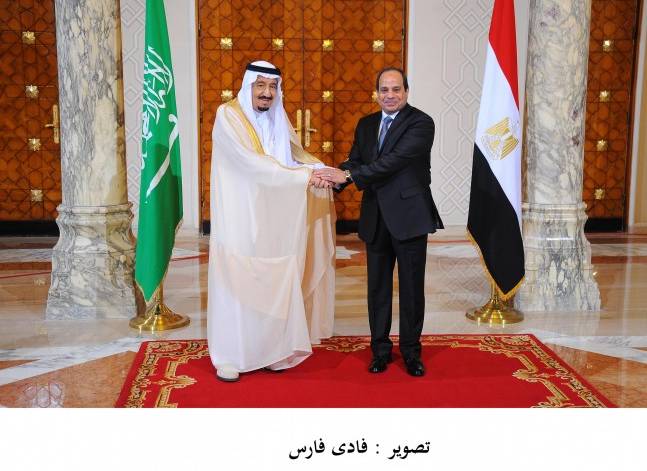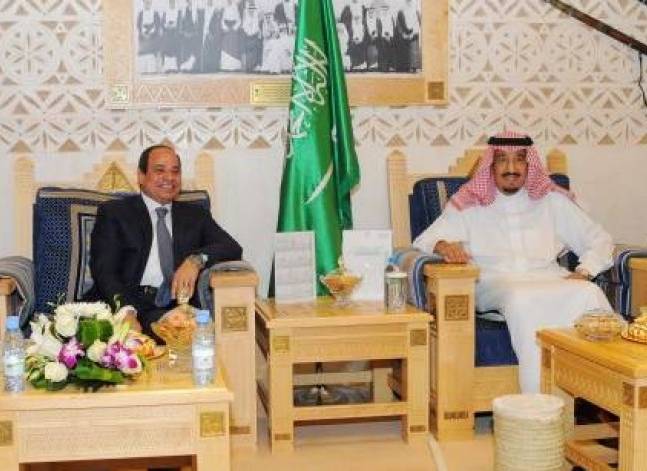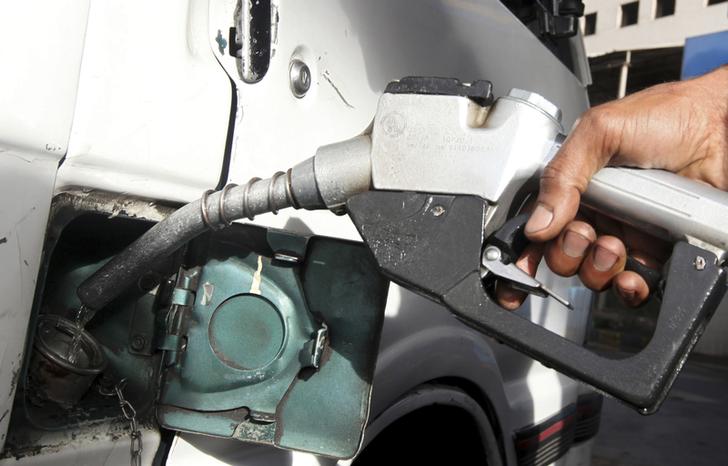Latest NEWS
- Aswat Masriya, the last word
- Roundup of Egypt's press headlines on March 15, 2017
- Roundup of Egypt's press headlines on March 14, 2017
- Former Egyptian President Hosni Mubarak to be released: lawyer
- Roundup of Egypt's press headlines on March 13, 2017
- Egypt's capital set to grow by half a million in 2017
- Egypt's wheat reserves to double with start of harvest -supply min
- Roundup of Egypt's press headlines on March 12, 2017
Egypt studies eight state-owned oil firms for listing or share-issuance
Tarek El Molla, Egypt's Minister of Petroleum and Mineral Resources speaks during an interview with Reuters at his office in Cairo, Egypt, October 29, 2015. REUTERS/Amr Abdallah Dalsh
(Reuters) - Egypt's Ministry of Investment will assess eight state-owned petroleum companies for their suitability for a possible listing on the Egyptian stock market or share issuances, Petroleum Minister Tarek El Molla told Reuters on Tuesday.
The government said the IPOs would take place before the end of the current fiscal year.
"The IPO of percentages from the capital of a limited number of state-owned companies in the Egyptian stock market will take place before the end of the current fiscal year 2016/2017," a presidency statement said on Tuesday.
The presidency announced in January that Egypt would soon offer shares of "successful" state-owned companies and banks on the local bourse - its first public offering of government-owned firms since 2005, when it offered shares in Telecom Egypt, AMOC, and Sidi Kerir.
"We sent the names of eight petroleum companies to the Ministry of Investment last week to be studied, paving the way to issuing some of their shares on the bourse or increasing their capital," El Molla said in a phone interview with Reuters.
"Among the names we are studying are Middle East Oil Refinery (MIDOR) and the Egyptian Ethylene and Derivatives Company (ETHYDCO), and we are considering a capital increase for companies Alexandria Mineral Oils Co. (AMOC), MIDOR, and Misr Fertilizers Production Company (MOPCO)."
The minister did not disclose the names of the remaining companies or the value and date of any planned initial public offerings.
The Egyptian government owns a large number of operating companies in various industries, including the Arab Contractors, Hassan Allam Holding, Engineering for the Petroleum and Process Industries (ENPPI), MIDOR, and Misr Insurance Company as well as several banks.
Some 270 companies are listed on the Egyptian stock market and the number of active investors is between 80,000 and 100,000.
(Reporting by Ehab Farouk; Writing by Lila Hassan; Editing by Alexandra Hudson and David Evans)

